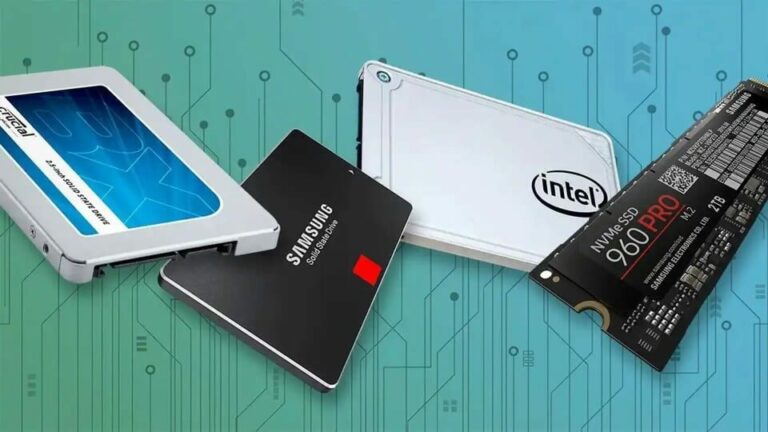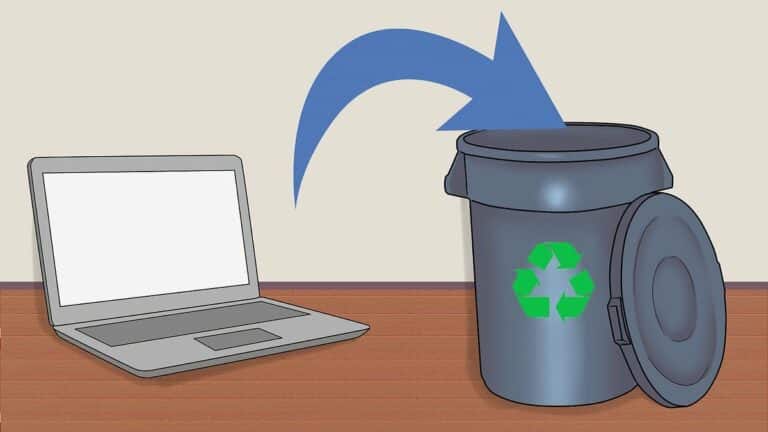Upgrade vs Replacement
Before making a decision, it’s important to assess the current state of your computer. Sometimes, an upgrade is simply not worth the effort, especially if the machine is outdated or severely damaged. Think of it like an old car – if it’s decades old, requires special fuel, and has holes in the floor, it’s time to replace it. But if it’s relatively modern and just needs a few tweaks to run smoothly, a repair or upgrade might be all you need.
Signs It’s Time to Replace Your Computer
If you’re wondering whether a replacement is necessary, here are some telltale signs that it might be time to start fresh:
- Outdated Operating System: If your computer is running an obsolete operating system like Windows 7 or 8, it’s time for an upgrade. These systems are no longer supported, leaving your computer vulnerable to security risks.
- Aging Hardware: If you can’t even remember when you purchased your old beige tower or bulky laptop, it’s probably time for a new one. Aging hardware can slow down your productivity and may not support newer software.
- Frequent Repairs: If your computer has been repaired multiple times but still gives you trouble, continuing to patch it up may be a waste of money. A new computer might offer better performance and reliability in the long run.
- It was a cheap computer to begin with: Just like it’s rarely worth spending a lot of money on repairing an old economy car, it’s better to save your money towards a better computer.
However, if your computer’s issues seem manageable and you’re on the fence about upgrading versus replacing, here’s a guide to common upgrades and the benefits they can bring.
SSD Upgrade – Boost Storage Capacity and Speed
Most computers made in the last seven years already have a Solid-State Drive (SSD), however, the capacity might not be enough. Also, typical SSDs last just a few years, and if yours started to slow down, it’s usually the first warning sign of failure. We can replace your slow and low-capacity SSD with a larger and faster one.
RAM Upgrade – Better Multitasking
If you want to open several programs or dozens of browser tabs at the same time, 8GB of RAM is simply not enough. Upgrading your RAM can provide a noticeable boost in performance, allowing you to run more programs simultaneously without lag. We recommend 16GB of RAM for typical office work. 8GB is still enough for basic users, while 4GB (that’s what the budget computers still offer!) is just laughable.
Video Card Upgrade – Smoother Gaming
If you’re a gamer or work with graphics-intensive applications, upgrading your video card can make a world of difference. This only applies for desktops though, as laptops graphics cards are soldered and can’t be upgraded. As games and software become more advanced, they demand more from your computer’s resources. A new video card can drastically improve graphics quality, smoothness, and responsiveness, giving you a better overall experience. For hardcore gamers, a video card upgrade is often essential, as many new games require higher specifications just to install and run properly.
When to Opt for a New Computer
While upgrades can extend the life of your computer, there comes a point where replacing the whole system is more cost-effective. Upgrading components like the CPU (the brain of the computer) or the motherboard (which connects all the parts) can be expensive and complex. In these cases, investing in a new computer might be the smarter choice. A new system will come with the latest technology, better performance, and the ability to grow with your future needs.
Conclusion: Making the Right Choice
Deciding whether to upgrade or replace your computer depends on your current system’s condition and your specific needs. If your computer is relatively new and just needs a performance boost, upgrading components like the hard drive, video card, or RAM can be a cost-effective solution. However, if your system is outdated or requires significant repairs, it may be time to invest in a new computer. And if you bought a cheap computer on sale over five years ago, it’s certainly not worth the hassle of spending more money on it.







